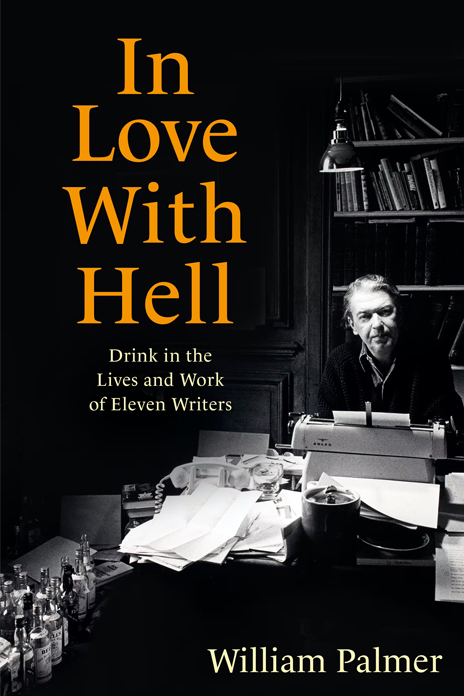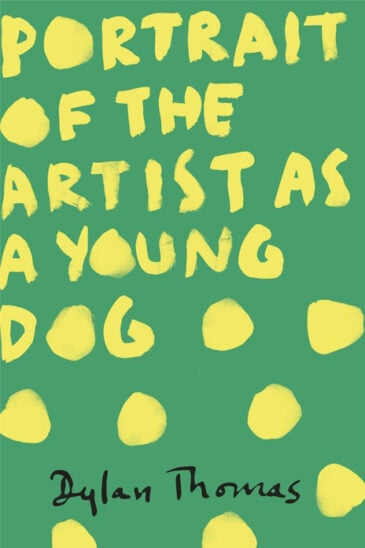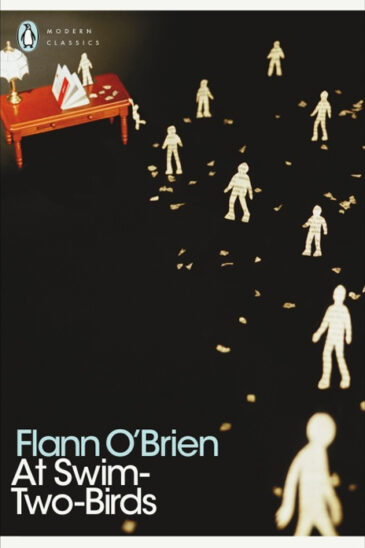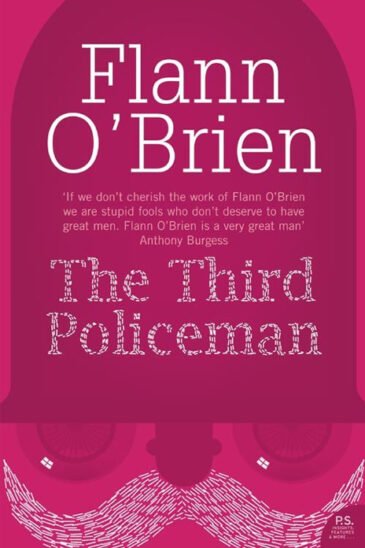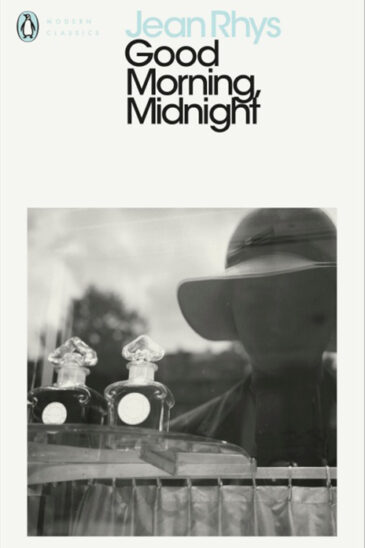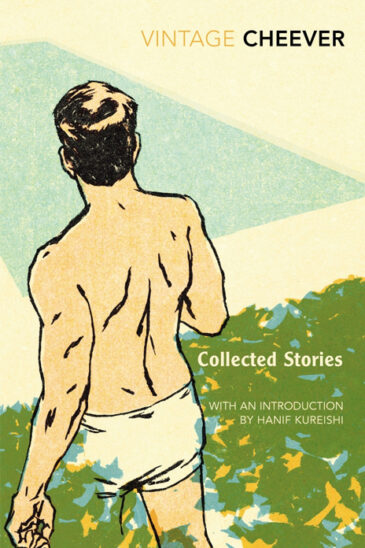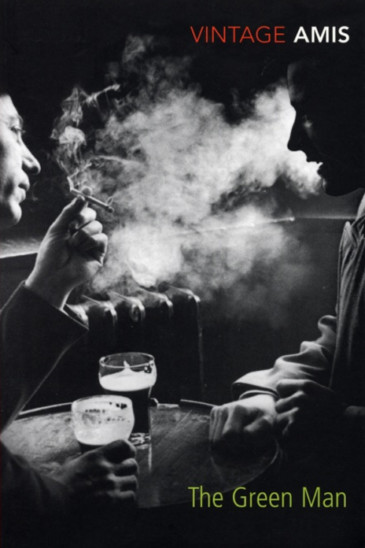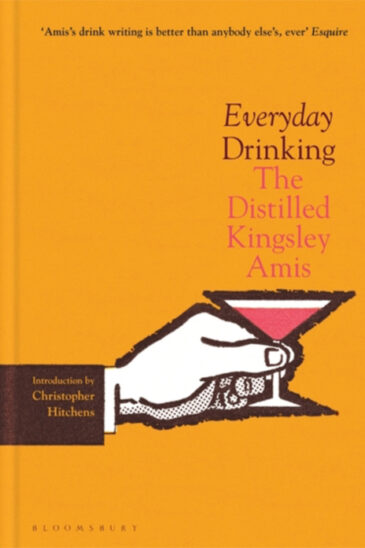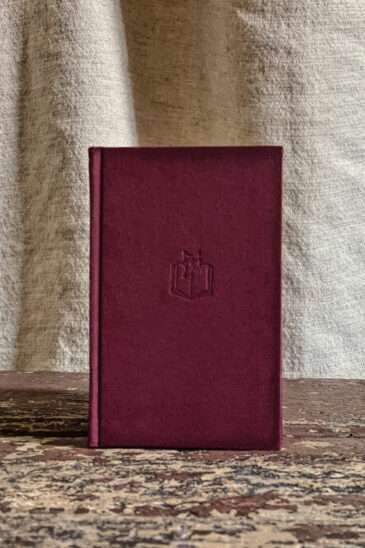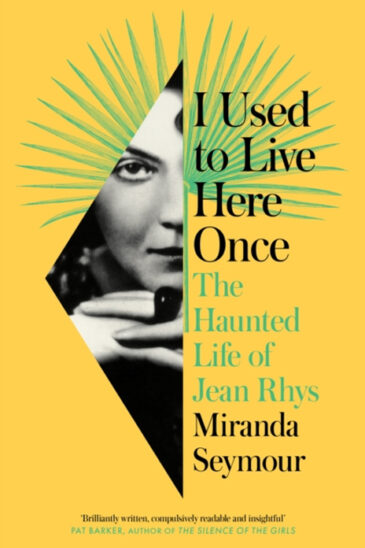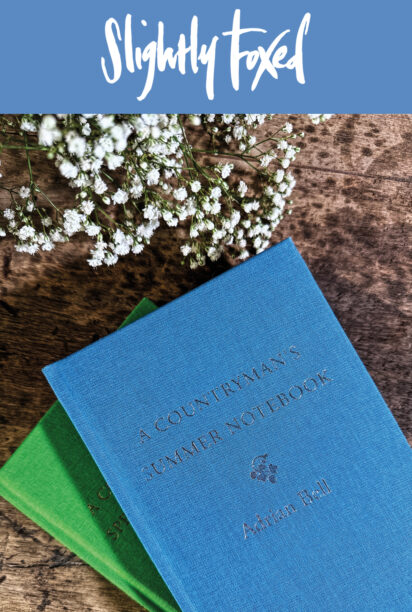Why do some writers destroy themselves by drinking alcohol?
William Palmer’s book, In Love with Hell, is interested in is the effect that heavy drinking had on writers, how they lived with it and were sometimes destroyed by it, and how they described the whole private and social world of the drinker in their work. He looks at Patrick Hamilton (‘the feverish magic that alcohol can work’); Jean Rhys (‘As soon as I sober up I start again’); Charles Jackson (‘Delirium is a disease of the night’); Malcolm Lowry (‘I love hell. I can’t wait to go back there’); Dylan Thomas (‘A womb with a view’); John Cheever (‘The singing of the bottles in the pantry’); Flann O’Brien (‘A pint of plain is your only man’); Anthony Burgess (‘Writing is an agony mitigated by drink’); Kingsley Amis (‘Beer makes you drunk’); Richard Yates (‘The road to Revolutionary Road’); and Elizabeth Bishop (‘The writer’s writer’s writer’).
Before our health-conscious age it would be true to say that many writers drank what we now regard as excessive amounts. Graham Greene, for instance, drank on a daily basis quantities of spirits and wine and beer most doctors would consider as being dangerous to his health. But he was rarely out of control and lived with his considerable wits intact to the age of eighty-six. W. H. Auden drank the most of a bottle of spirits a day, but also worked hard and steadily every day until his death. Even T. S. Eliot, for all his pontifical demeanour, was extremely fond of gin and was once observed completely drunk on a London Tube station by a startled friend. These were not writers who are generally regarded as alcoholics. ‘Alcoholic’ is, in any case, a slippery word, as exemplified by Dylan Thomas’s definition of an alcoholic as ‘someone you dislike who drinks as much as you.’ The word is still controversial and often misunderstood and misapplied.
‘Palmer’s succinct biographies contain fine descriptions of the writers, their work and the times they lived in; and there are convincing insights into what led so many authors to take to drink.’ Piers Paul Read
‘A vastly absorbing and entertaining study of this ever-interesting subject’ Andrew Davies, screenwriter and novelist
‘[Palmer] is above all a dispassionate critic, and is always attentive to, and unwaveringly perceptive about the art of his subjects as well as their relationship with alcohol . . . [his] treatment is even-handed and largely without judgement. He tries to understand, without either condoning or censuring, the impulses behind often reprehensible behaviour’ New Statesman
The Smoking Bishop
In one way, Dickens was not a Victorian. He was born in 1812 and his formative years were spent under the Regency, then the reigns of George IV and William IV. By the time of Victoria’s coronation,...
Read moreOn the Randy Again
My father looked up from his Daily Express and said to my mother, ‘Dylan Thomas is dead.’ Why he announced this and why I took any notice and remember it now, I don’t know. I was only 8 and the...
Read moreA Visit from God
I have always liked reading and pubs, and reading in pubs. By reading I mean sitting alone in a corner of the pub with a pint of bitter and a good book, not the Good Book – that might attract...
Read more




